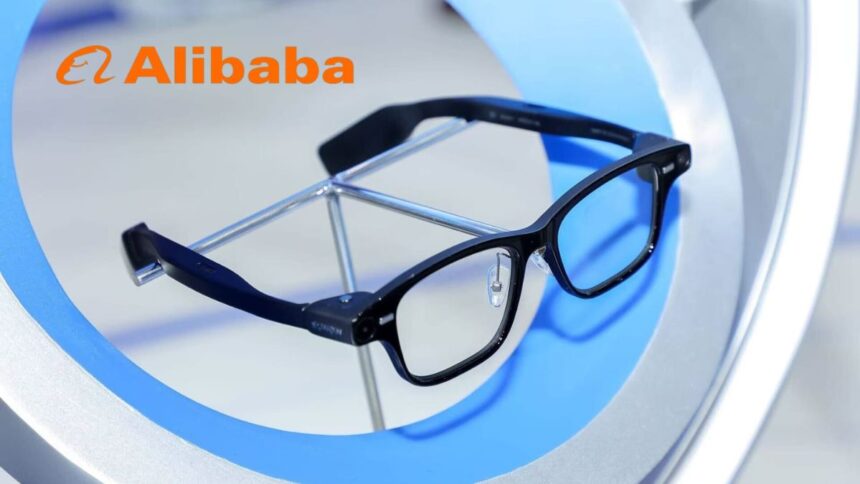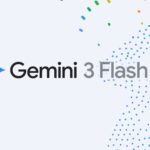Quark AI Glasses, Alibaba’s first AI-powered wearable, have been unveiled at the World Artificial Intelligence Conference in Shanghai, which marks the entry of the company into China’s smart glasses market.
This is the first-ever product from Alibaba in the fast-growing space of generative AI, and the name resembles the name of Alibaba’s own AI assistant.
The wearables are fully developed and should be available later this year, per an inscription.
It will be powered by Qualcomm Snapdragon AR1 and based on two OS. It will be integrated with Alibaba services like Alipay, Taobao and Amap, therefore users could pay by scanning QR code, check product prices and receive navigation support when walking or cycling.
The glasses, which have a slimmer frame than most competitors, aim to solve typical issues such as short battery life and poor AI capabilities, according to Alibaba.
Song Gang, president of Alibaba’s smart terminal unit, said: “AI glasses will become a killer application of future wearable devices.
With companies such as Meta, Apple, and Xiaomi already in the global smart glasses game, Alibaba has upped the ante.
Previously analyst Ming-Chi Kuo claimed Apple is developing more than one head-mounted project with launches as early as 2027 possible.
Amid these questions of deployment, experts think Apple’s newfound emphasis on hardware may actually help spur the entire wearable tech space forward, even if Apple’s traditional product cycle keeps the company from being the first to market with its own devices.
The attention has also been fueled by Alibaba’s impressive financial results. The stock is up around 42% in 2023 on the back of heavy buying from companies like Goldman Sachs, who just acquired over $1 billion of Alibaba stock.
Which indicates increasing confidence from investors on the bottom up approach of the $52.4 billion Ali development capital venture in AI development, with eyes of the market closely following its upcoming earnings results.
With the competition brewing, other tech giants are gearing up to debut their smart optics too. Take Snap Inc., the parent company of Snapchat, which is reportedly developing lightweight AR glasses.
This increasing interest is a sign that smart glasses might just be one of the next big consumer tech trends.








